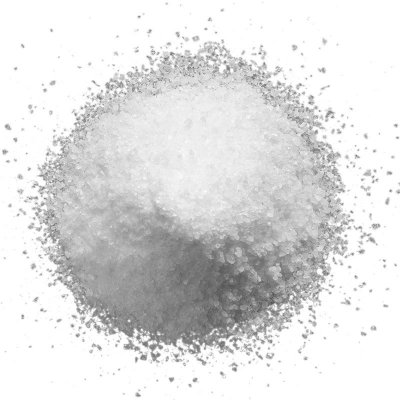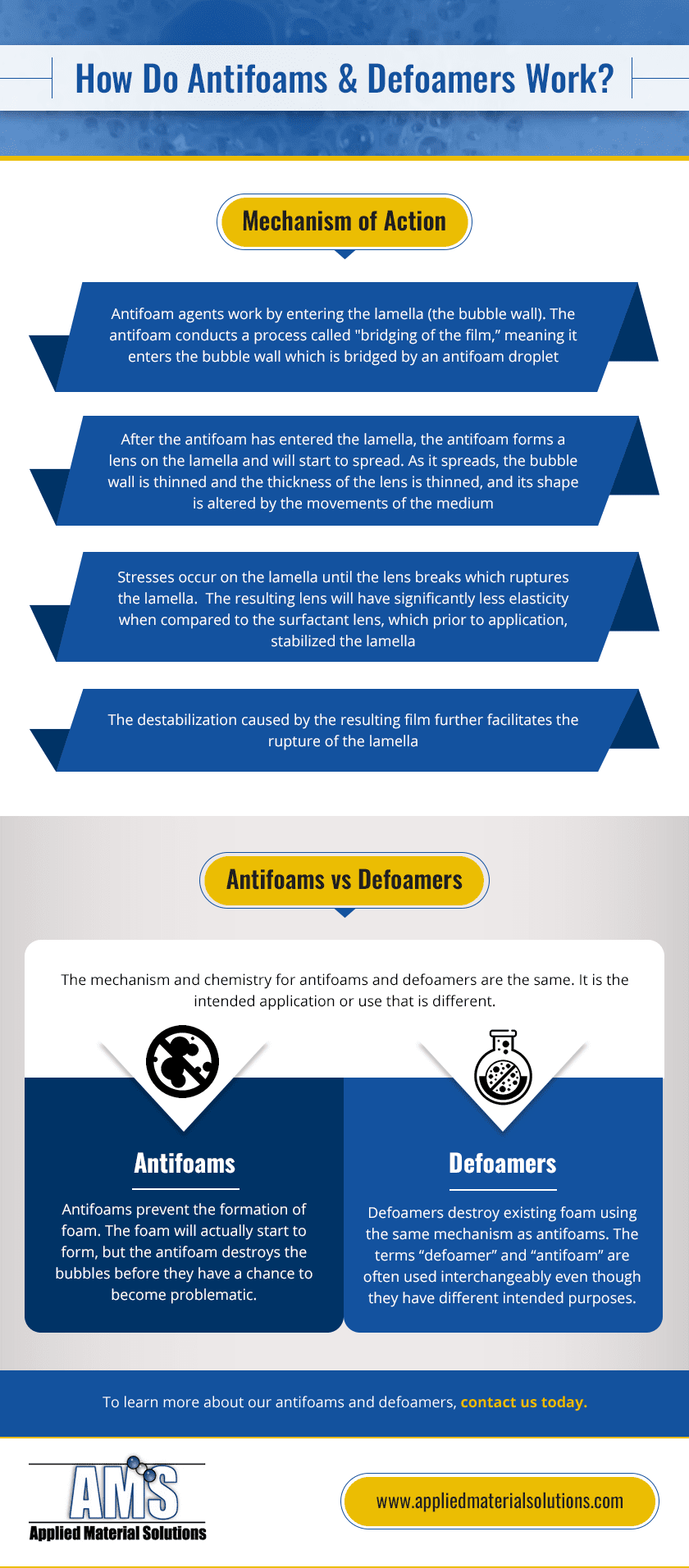Effective Use of Defoamers in the Pharmaceutical Manufacturing Process
Effective Use of Defoamers in the Pharmaceutical Manufacturing Process
Blog Article
Discover the Leading Benefits of Using Defoamers in Industrial Processes
The use of defoamers in commercial processes presents a variety of engaging advantages that can boost operational efficiency and item top quality. By effectively controlling foam production, these representatives not just maximize product circulation but also contribute to significant expense reductions and enhanced sustainability. The effects of taking on defoamers might be extra extensive than initially perceived.
Enhanced Process Efficiency
Optimizing industrial processes frequently includes resolving lathering problems, which can impede operational effectiveness. Foam formation can disrupt the proper functioning of equipment, reduce the reliable application of sources, and make complex the surveillance of essential criteria. By applying defoamers, sectors can properly minimize these problems, causing streamlined operations and improved performance.
Defoamers job by destabilizing the foam structure, permitting rapid collapse and substantial decrease in foam volume. This action not just boosts the circulation of materials through tools, such as pipes, mixers, and activators, however also minimizes interruptions created by foam overflow. Devices downtime is reduced, permitting for a much more continual and effective production procedure.
Furthermore, using defoamers can cause reduced power consumption. With much less foam to manage, compressors and pumps can operate extra effectively, causing lower functional costs and a total improvement in procedure throughput. Inevitably, the calculated use defoamers not only addresses instant foaming difficulties but likewise adds to a more effective commercial environment, cultivating a competitive advantage in a demanding market.
Improved Item Quality
The assimilation of defoamers in commercial procedures plays an essential function in boosting product high quality. By successfully controlling foam formation, defoamers contribute to the uniformity and harmony of last products. Excessive foam can cause oygenation, which adversely impacts the texture and stability of formulas, specifically in sectors such as food and beverages, pharmaceuticals, and finishings.

Additionally, defoamers help with better blending and dispersion of active ingredients, causing homogeneity in formulations. This is crucial in applications where exact ingredient proportions are vital for performance and security. Additionally, the removal of foam can reduce the threat of contamination during manufacturing, further guarding product honesty.
Ultimately, by boosting product high quality, defoamers not only improve customer complete satisfaction yet likewise enhance brand track record. Their role in preserving high-quality requirements emphasizes their significance in modern-day industrial processes.
Price Reduction Benefits
Applying defoamers in industrial processes can bring about significant expense decrease advantages. By effectively managing foam development, defoamers decrease product loss during manufacturing, consequently maximizing material usage. This reduction in waste my website equates straight right into reduced resources costs, improving general functional performance.
Moreover, making use of defoamers can reduce power intake. Too much foam can hinder equipment performance, resulting in boosted power requirements to maintain production levels. By alleviating foam, defoamers assist in smoother procedures, permitting equipment to run a lot more successfully and decreasing energy expenditures.

Additionally, defoamers can reduce handling times. By utilizing defoamers, sectors can enhance their processes, leading to faster turnaround times and boosted throughput.

Environmental Impact Reduction
In industrial processes, using defoamers plays a crucial function in mitigating ecological influences connected with foam generation. Foam can result in considerable functional inadequacies, resulting in enhanced discharges and waste generation. By successfully regulating foam, defoamers aid maintain process efficiency, thus minimizing the total ecological impact of procedures.
In addition, excessive foam can overflow control systems, leading to spills that may contaminate here are the findings soil and water sources. Defoamers help minimize this risk by ensuring that foaming does not exceed prescribed limits, advertising conformity with ecological laws. This aggressive technique not just safeguards environments however likewise improves the sustainability of industrial practices.
In addition, the usage of defoamers can reduce energy consumption in various procedures. defoamers. Reducing foam development lessens the demand for extra energy-intensive steps, such as increased agitation or pumping, which might otherwise be necessary to manage foam. Subsequently, the fostering of defoamers aligns with broader sustainability objectives by promoting energy performance while lessening the carbon footprint of commercial tasks.
Ultimately, incorporating defoamers into commercial operations is a strategic procedure that supports ecological stewardship and accountable source administration.
Versatility Throughout Industries
Across different industries, defoamers show amazing convenience, adapting to the details needs of varied applications. In the food and beverage field, for instance, defoamers are crucial to preserving item high quality by protecting against foam development during processing, which can affect appearance and taste. Similarly, in the pharmaceutical industry, defoamers ensure the stability of formulas, improving product efficacy and consistency.
In the chemical manufacturing realm, defoamers assist in smoother procedures by minimizing foam in reaction vessels, hence boosting yield and decreasing downtime. The paper and pulp market relies upon defoamers to enhance the effectiveness of pulp handling and paper manufacturing, ensuring optimal product stability. In addition, in wastewater therapy centers, defoamers play a vital role in managing foam throughout oygenation procedures, bring about better treatment outcomes.
The flexibility of defoamers reaches the oil and gas market, where they help in handling foam in boring liquids and manufacturing procedures. By customizing solutions to fulfill details sector demands, defoamers offer as indispensable tools that enhance operational efficiency, item top quality, and total procedure performance throughout a wide variety of markets. Their versatility highlights their value in modern industrial applications.
Verdict
In verdict, the utilization of defoamers in industrial procedures presents various benefits, consisting of enhanced effectiveness, boosted product high quality, substantial cost reductions, and favorable ecological impacts. The combination of defoamers stands for a critical approach to attending to obstacles associated with foam management in different producing settings.
Ultimately, the tactical use of defoamers not only addresses instant frothing obstacles but also contributes to a much more effective commercial environment, cultivating an affordable benefit in a requiring market.
In industrial processes, the usage of defoamers plays an important function in mitigating ecological influences linked with foam generation. By properly regulating foam, defoamers help maintain process efficiency, thereby decreasing the overall environmental footprint of operations.
Additionally, in wastewater treatment facilities, defoamers play a vital role in controlling foam during oygenation procedures, leading to better treatment outcomes.

Report this page